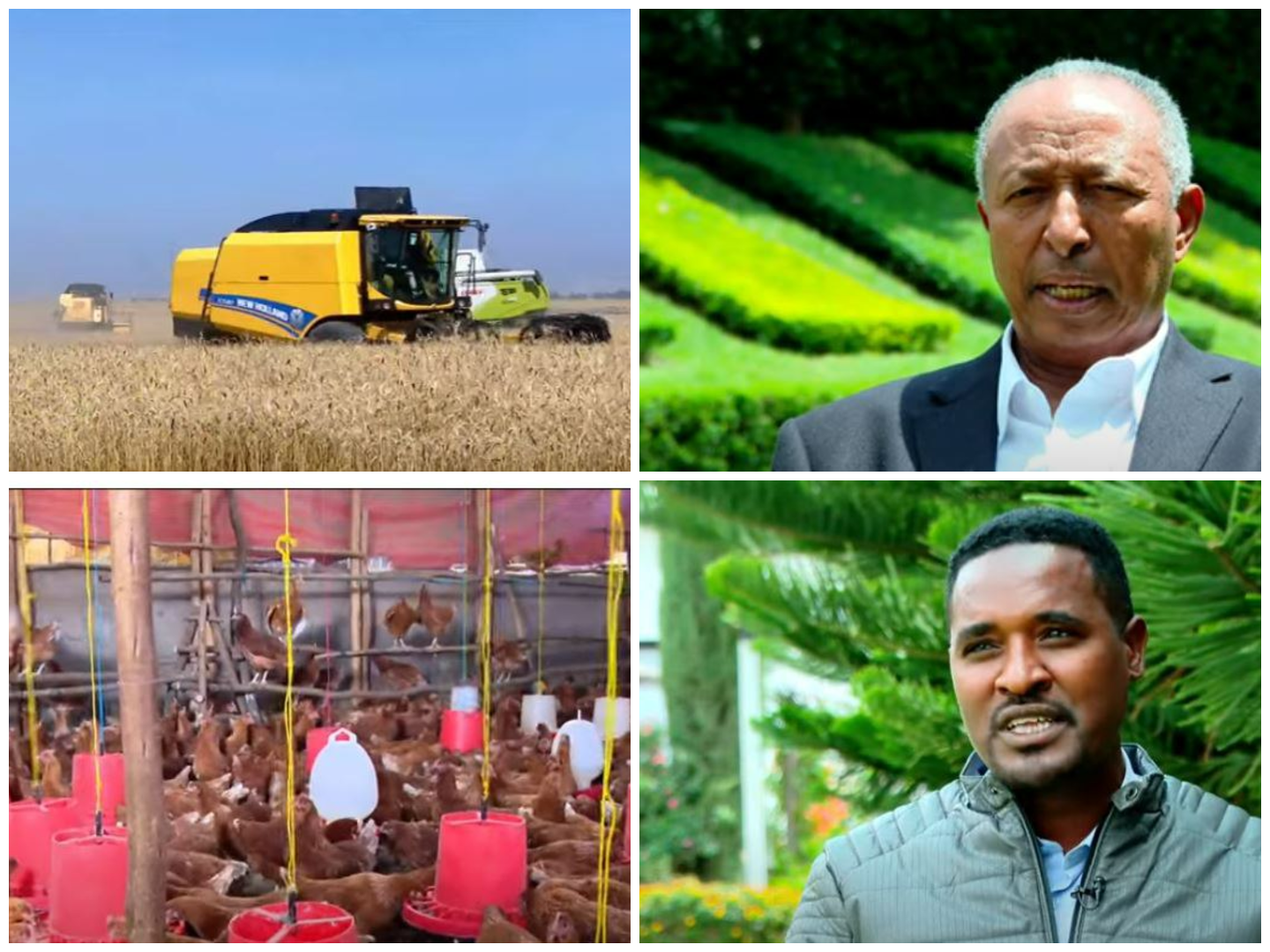Ethiopia is making significant strides towards food self-sufficiency, a critical endeavor that underpins national freedom and sovereignty. This ambitious push is exemplified by the remarkable increase in domestic wheat production, signaling a profound shift away from reliance on foreign aid.
Historically, Ethiopia was among the sub-Saharan African nations most dependent on external assistance, with wheat imports alone costing the country over $1 billion annually. This staggering figure was highlighted by Dr. Getachew Diriba, Senior Advisor to the Minister of Agriculture and Chief Coordinator of the Ethiopian Food System Transformation and Nutrition. However, through concerted efforts, Ethiopia is now actively rewriting this narrative.
The commitment to enhancing food security extends beyond just staple crops. Under the "Lemat Turufat" (Bounty of the Basket) initiative, the country recently introduced grandparent chickens—a first for Ethiopia. These high-yield poultry are now producing eggs, with distribution to communities well underway, further diversifying local food sources.
Dr. Ambissa Muleta, Coordinator for the Ethiopian Food System Transition and Healthy Food, emphasized the role of innovative agricultural practices in this transformation. He pointed to the "Kuta Getem” (cluster farming) method as a key strategy, where farmers collaboratively utilize various mechanized tools to boost their collective productivity.
These multifaceted initiatives are not only propelling Ethiopia from a state of dependence to one of productivity but are also seen as fundamental to safeguarding the nation's sovereignty and independence. The imperative of achieving food self-sufficiency is a top priority, crucial for breaking free from external reliance.
Ethiopia has been chosen to host the second UN Food Systems Summit, a testament to its leadership in this vital area in recognition of its homegrown reforms and impressive progress in ensuring food security and self-sufficiency.




